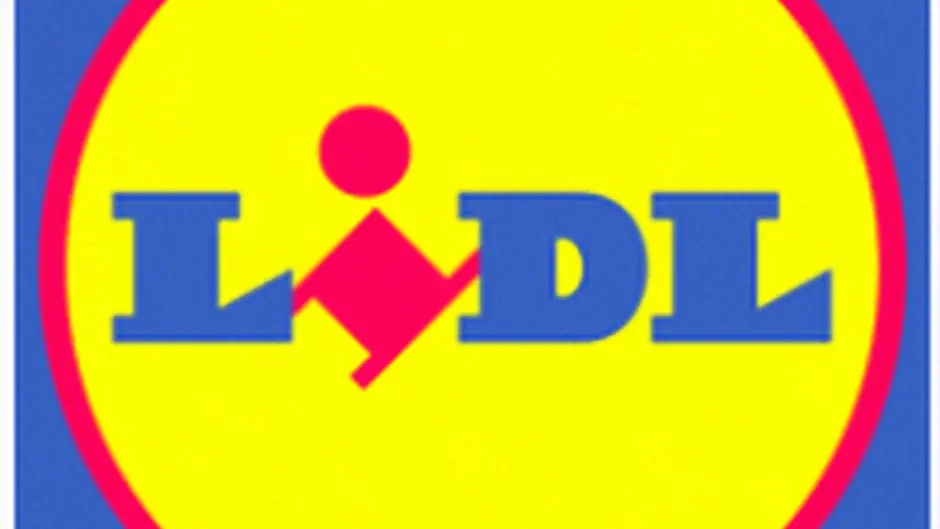Retailer Lidl has applied for planning permission to develop a supermarket at Newtown in Bantry.
RETAILER Lidl has applied for planning permission to develop a supermarket at Newtown in Bantry.
Local property developers, Richard Coffey and Donal Hunt, had previously secured planning permission for a Tesco supermarket in that area.
Cork County Council granted conditional planning permission for the Tesco supermarket in October 2010, but the decision was appealed by a third party to An Bord Pleanala.
However, in December 2012, An Bord Pleanala granted conditional permission for the development at the 3.52 hectare site at Newtown.
The entire planning process proved to be controversial. In fact, three senior area planners recommended refusal of the original application on the basis that it was in contravention of planning policy.
However, their objections were overturned and An Bord Pleanala granted permission on the basis that the town centre could not cater for a store of this size. Meanwhile, the economy faltered and the contract with Tesco ran out.
The latest application by Lidl Ireland GmbH is for planning permission with amendments to the permitted supermarket, associated services, and works.
Lidl is seeking a reduction of the sales area by 577 sq m, and the reduction in the number of car parking spaces provided, from 277 to 109. It says the supermarket would open until 10pm Mon-Sat and until 9pm on Sundays.
One local businessman cautioned that the location might ‘be the catalyst in driving other large scale convenience stores out of the town, which would kill the vibrancy of the town centre, as it has done in other locations. ... We would welcome a Lidl store in Bantry, but we would prefer to see it in the town centre.’
However, Neill Clarke, who is the president of Bantry Chamber, said he would welcome ‘any new business, and new jobs, to Bantry. We are also conscious that customers want choice, as shown in a survey that we carried out in 2004.







